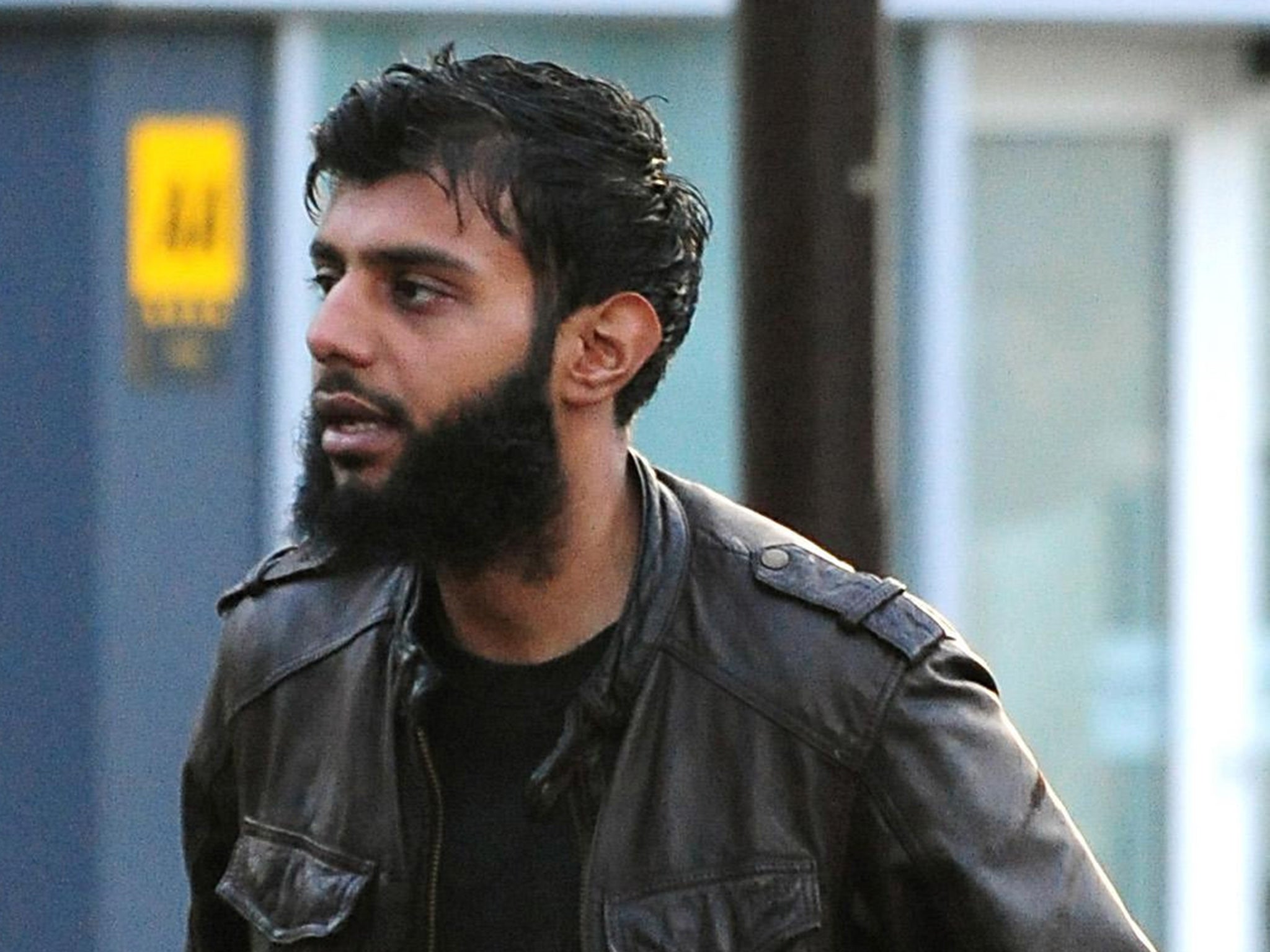Dozens of jihadis in fighting in Syria using the name ‘al-Britani’
The nom de guerre has been taken by many of the 600 Muslims from the UK who have joined groups like Isis and Jabhat al-Nusra

Your support helps us to tell the story
From reproductive rights to climate change to Big Tech, The Independent is on the ground when the story is developing. Whether it's investigating the financials of Elon Musk's pro-Trump PAC or producing our latest documentary, 'The A Word', which shines a light on the American women fighting for reproductive rights, we know how important it is to parse out the facts from the messaging.
At such a critical moment in US history, we need reporters on the ground. Your donation allows us to keep sending journalists to speak to both sides of the story.
The Independent is trusted by Americans across the entire political spectrum. And unlike many other quality news outlets, we choose not to lock Americans out of our reporting and analysis with paywalls. We believe quality journalism should be available to everyone, paid for by those who can afford it.
Your support makes all the difference.There are several dozen “al-Britanis” fighting in Syria and Iraq, all members of the jihadist “family” from the UK, a country that has become a net exporter of Islamist terrorism.
The nom de guerre has been taken by many of the 600 Muslims from the UK who have joined groups like Isis and Jabhat al-Nusra. To name but a few, there was Abu Sammyh al-Britani, also known as Kabir Ahmed from Derby, who died as a suicide bomber last November in Baji, north of Baghdad; Khalil al-Britani, aka Ibrahim Kamara from Brighton, killed in a US air strike in Aleppo two months earlier; and Abu Dugma al-Britani, born Abu Rahin Aziz in Luton, who fled abroad after stabbing a football fan.
We have Um Hussain al-Britani, also known as Shakina Hussein, previously Sally Jones, who declared after the video appeared of James Foley’s murder that her ambition was to carry out a beheading. The 45-year-old former punk-rock singer, from Kent, who used to be interested in witchcraft, has been in online contact with Muslim girls in Britain, enticing them to become jihadi brides.
Most famous now is Mohammed Emwazi, exposed as “Jihadi John”, who is reported to have used the name Abu Abdullah al-Britani. He is said to have headed the Isis “cyber-war command” before appearing in videos wielding a knife alongside kneeling captives about to be decapitated. This appears to be partly based on the fact that he has a degree in computer studies.
However, there are so many al-Britanis that Emwazi may have been confused in reports with Abu Hussain al-Britani, aka Junaid Hussain, Shakina’s 20-year-old husband. Hailing from Birmingham, he was jailed in 2012 for stealing Tony Blair’s personal information online and has also been described as an Isis cyber-chief, so may better fit the bill. One report had him plotting an illicit computer blitz on British bank accounts.
He may also have been confused with another Abu Abdullah al-Britani, from London, who used to be known as William Clinic before converting to Islam. He was killed last November in the eastern Syrian city of Deir ez-Zor.
But there is yet another Abu Abdullah al-Britani, who produced an Ask.fm travel guide on life as a holy warrior in Syria and Iraq. In one of his postings he encouraged a would-be jihadist, who described himself as “underage” and expressed anxiety about his parents, promising him that a glossy welcome pack was waiting for him when he got to Syria.
Khalid, one Syrian rebel from Idlib city who has fought for both Jabhat al-Nusra and Ansar al-Sharia, told The Independent: “This man you call Jihadi John, he is just slaughtering prisoners who are bound. Why doesn’t he go and fight Bashar’s troops if he’s so brave? These foreigners have brought us a calamity.”
He said that he, like many of his compatriots, disliked and distrusted foreign fighters. He grudgingly admitted that some, like the Chechens and Libyans, were good fighters. But many of the Muslims from the West were “tourists”, who were more interested in posting photographs of themselves with guns on the internet than taking part in combat.
Join our commenting forum
Join thought-provoking conversations, follow other Independent readers and see their replies
Comments